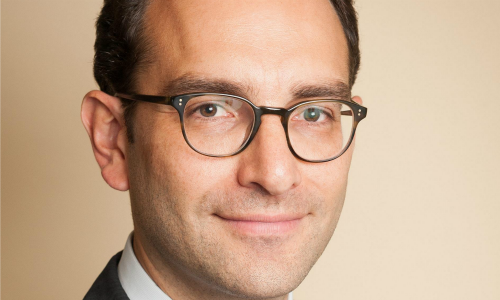Alt Liberalization Gains Traction in APAC for ASI
Aberdeen Standard Investments shared with finews.asia about the crucial need for product innovation in order to liberalize access to alternatives in Asia – a key driver of regional demand for the firm this year.
As markets near the end of its current cycle, investors increasingly require alternatives but friendlier accessibility is required to cater to Asia’s investor profile. Money in the region has long demonstrated an aversion to illiquidity, costs and complexity – not to mention high minimum ticket sizes that act a hurdle for Asia’s gargantuan mass affluent segment.
«All this investor attention in alternatives is all about offering uncorrelated sources of returns, be it income or capital gains,» said Andrew Hendry, APAC head of distribution at Aberdeen Standard Investments (ASI), in a conversation with finews.asia. «But whether you are a mass affluent client or a small bank with limited research resources, alternatives can become quite inaccessible.»
HFRI-Linked Access
One major area that ASI has focused on this year is in liberalizing hedge fund exposure and it found few better means to do so than through the industry benchmark for performance, HFRI (Hedge Fund Research Inc.) Indices. Key to engineering the product was to create a physical replication of the index rather than a synthetic one – a well-learned lesson in post-crisis risk management – which would require large initial scale.
«We struck a deal with a European asset manager as our anchor investor to create liquidity. It was necessary to have initial scale ($500 million) because we wanted to have physical, not synthetic, investments into all of the respective hedge funds in the index,» Hendry explained. «This is necessary not only to meet the minimum ticket sizes but also to secure better fees and terms.»
According to Hendry, the UCITS III index fund has gained traction in Asia particularly with private banks and family offices that lack that bandwidth for hedge fund research. And even larger banks could benefit from adding low-cost beta on top of their portfolios’ favorite conviction managers, he added.
- Page 1 of 2
- Next >>



























